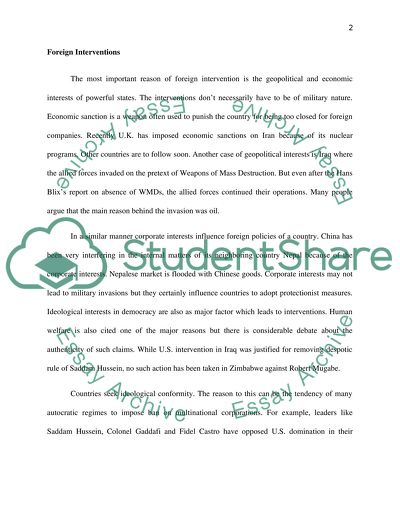Nationalization Essay Example | Topics and Well Written Essays - 1000 words - 1. Retrieved from https://studentshare.org/geography/1585952-nationalization
Nationalization Essay Example | Topics and Well Written Essays - 1000 Words - 1. https://studentshare.org/geography/1585952-nationalization.


